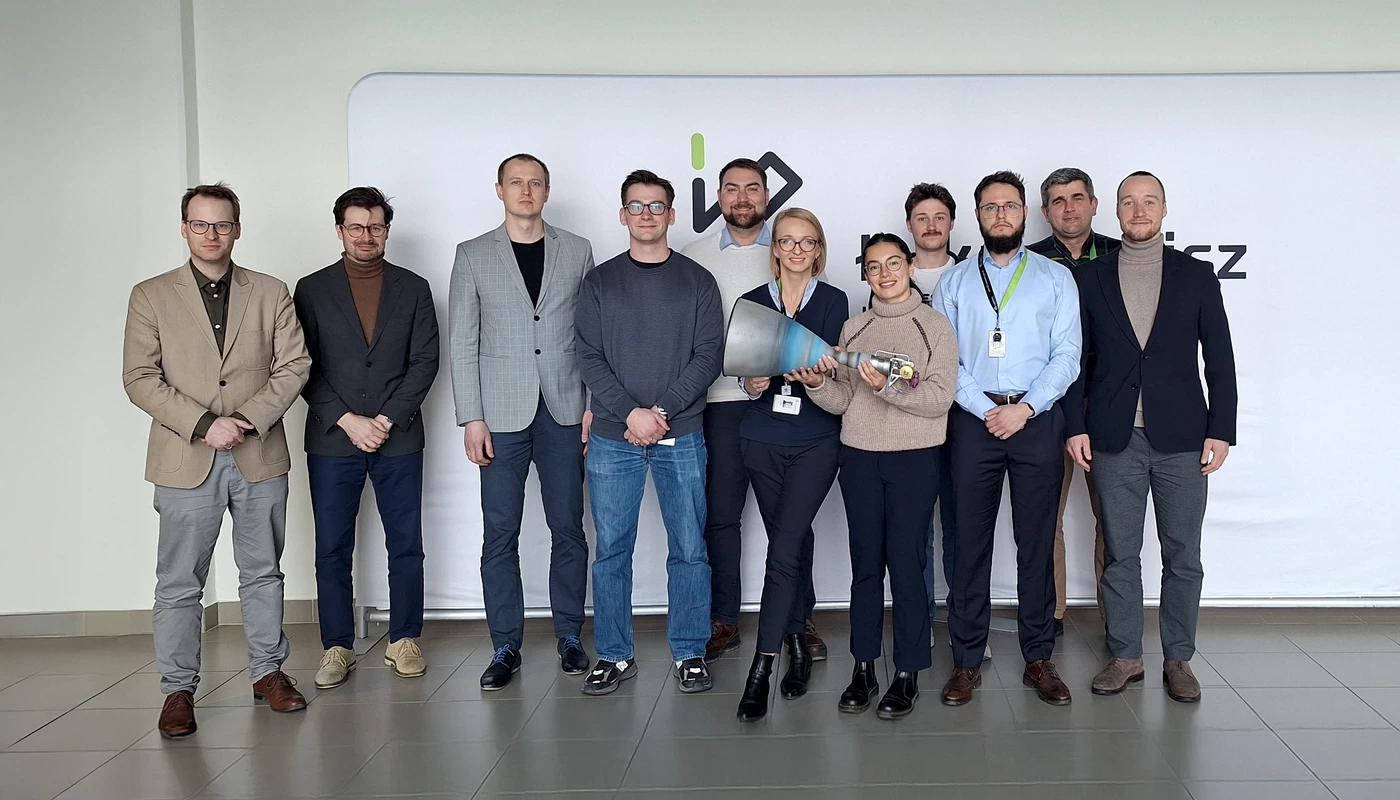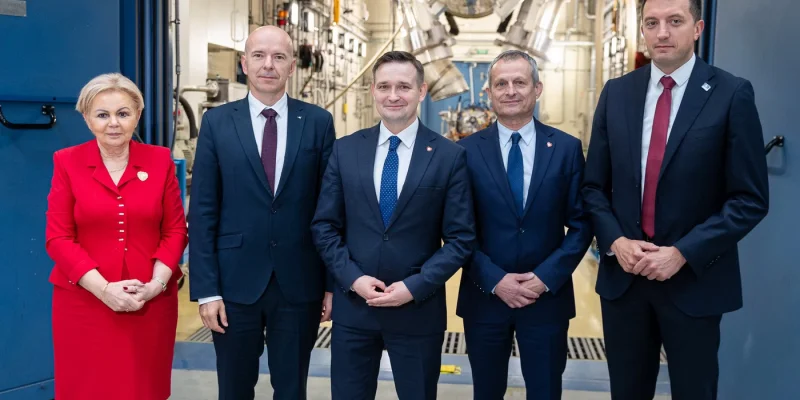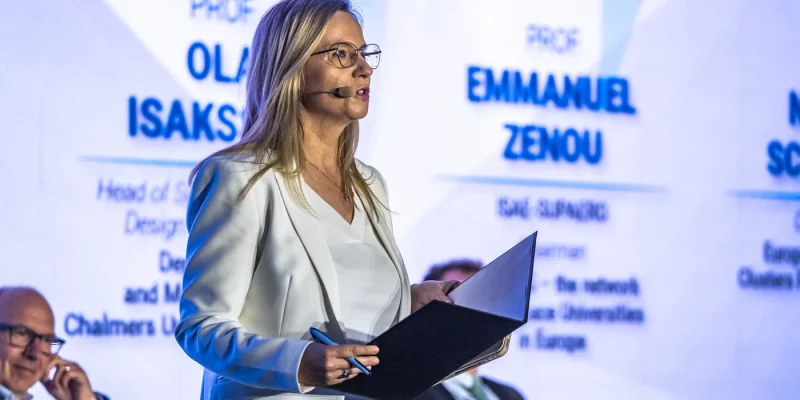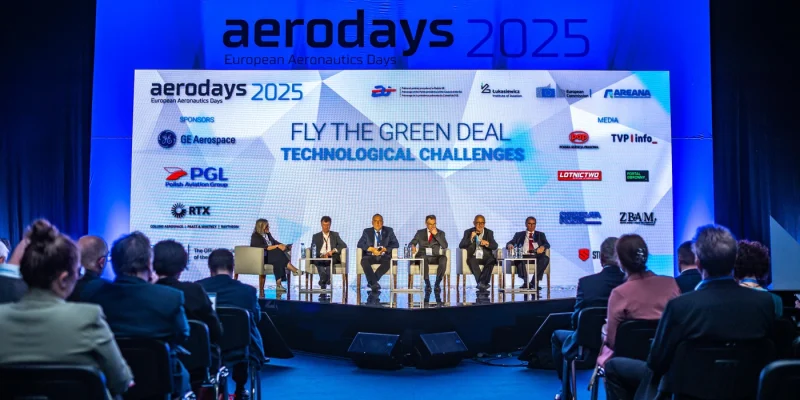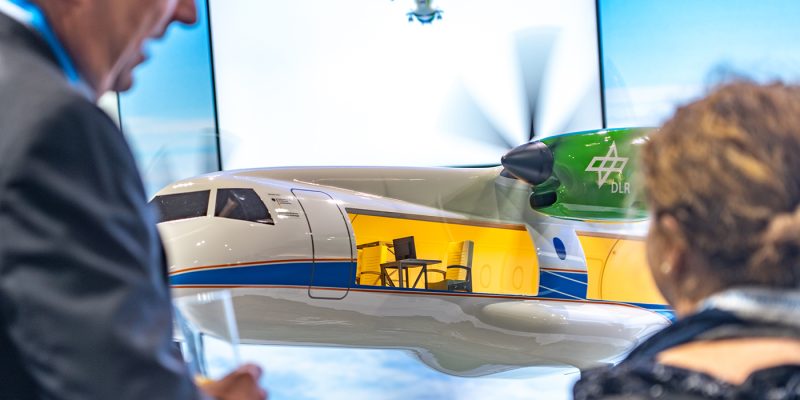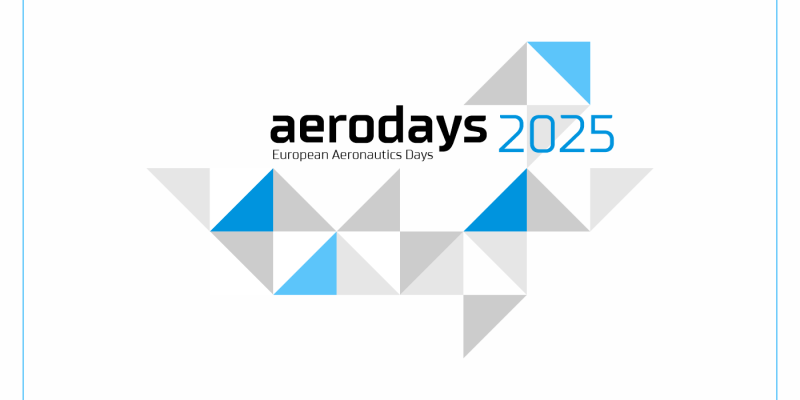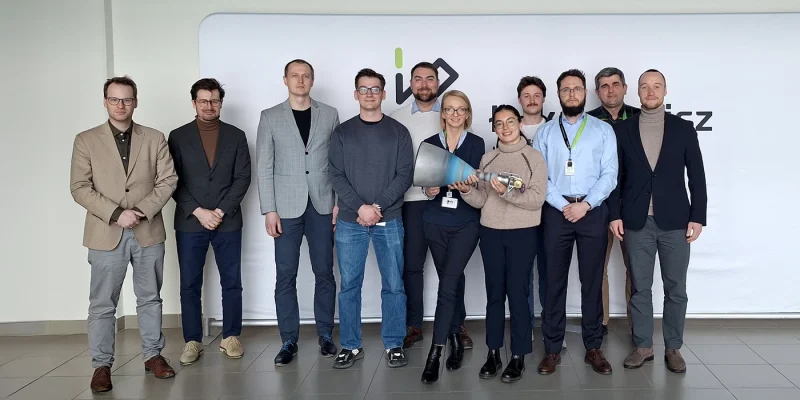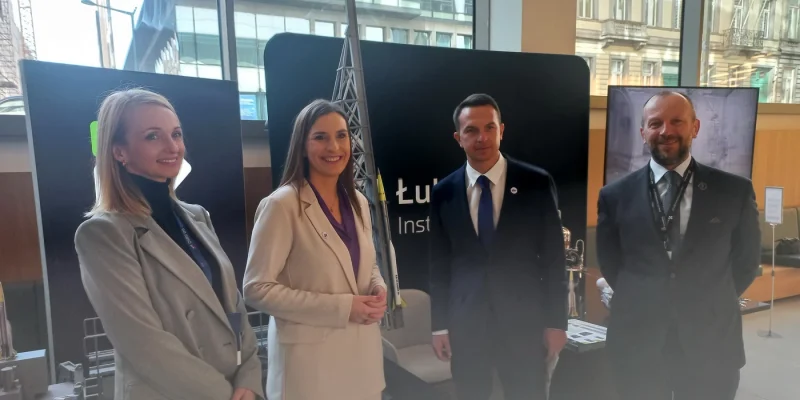MaiaSpace, a fast growing space company committed to the development of competitive, innovative and eco-designed launch and mobility solutions, has announced the signing of a multi-party contract with Łukasiewicz – Institute of Aviation (ILOT) and Thaliana Space. The main subject of the agreement is to develop and deliver innovative bi-propellant engines for the kick-stage of MaiaSpace’s orbital launch vehicle, the first one in Europe featuring the vertical recovery of the first stage on a barge at sea.
The newly contracted engines, with a thrust class of 420 N and utilizing 98% hydrogen peroxide as oxidizer, are based on the advancements made in the ESA-funded GRACE 1 & GRACE 2 projects, managed by Łukasiewicz – ILOT and internal investments. Used in clusters, these engines will power the Colibri Kick-Stage of MaiaSpace’s rocket, enabling performance boost and precise placement of payloads into their final orbits while delivering the best possible customer experience. Choosing this engine highlights MaiaSpace’s commitment to accelerating innovation and driving technological advances for more efficient eco-responsible space missions.
By drawing upon the proven heritage of GRACE, Łukasiewicz – ILOT will be responsible for developing the flight-ready engine and conducting hot-firing tests ensuring that it meets the stringent safety, performance, and environmental standards required by the space industry. This includes utilization of Łukasiewicz – ILOT’s new vacuum space propulsion test facility.
Thaliana Space will play a strategic role in the production and delivery of the propulsion solutions. The contract marks a key milestone for Thaliana Space, reflecting its dedication to advancing state-of-the-art rocket engine technologies in the commercial market.
MaiaSpace CEO Yohann Leroy stated: “We are extremely pleased to contract with Polish entities: Łukasiewicz – ILOT and Thaliana Space for the procurement of competitive, innovative and more eco-responsible propulsion solutions for our kick-stage Colibri. The use of such propulsive platform is key to boost our launcher’s overall performance and the flexibility needed to reach tailor-made orbits, and to ultimately address the growing market for in-orbit services with partners.”
The development and commercialization of eco-responsible propulsion systems is at the core of our mission to advance space technologies. We are confident that our engine will meet the requirements, becoming a cornerstone for future sustainable in-space transportation. This collaboration represents a perfect business model for commercialization, setting a strong foundation for the success of two promising European startups – MaiaSpace and Thaliana Space. – said Sylwester Wyka PhD, Eng. – Acting Director of the Łukasiewicz – ILOT.
Blazej Marciniak, CEO of Thaliana Space, added: “This collaboration represents a valuable step forward for Thaliana Space as we continue to grow within the commercial space arena. By working closely with MaiaSpace and drawing on ILOT’s proven research capabilities, we look forward to applying our expertise in propulsion to deliver reliable and sustainable solutions that respond to the industry’s evolving demands.”
MaiaSpace is an emerging player in the global space industry, designing, manufacturing, commercializing and operating the first reusable and eco-designed mini-launcher in Europe. Powered with liquid oxygen and liquid bio-methane, MaiaSpace’s launcher, which is scheduled to begin commercial operations in 2026, has a lift-off capacity of up to 4,000 kg in low-Earth orbit, depending on the launcher version (expendable or reusable), the inclination and the use of its Colibri kick-stage. Łukasiewicz – Institute of Aviation is a leading aerospace research organization from Poland, recognized for its expertise in space propulsion, materials science, and advanced aerospace technologies. Thaliana Space – a start-up and a spin – off of Łukasiewicz – ILOT, focuses on advanced rocket engine innovations and committed to qualified production of sustainable and high-performance space propulsion for missions worldwide.


